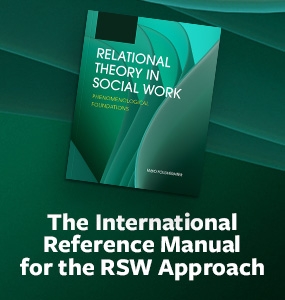Good social work practices with disabled adults and elders who live at home: More than the delivery of services
Francesca Corradini, Maria Luisa Raineri, Giulia Avancini
This paper presents a study about social work practices with disabled adults and elders who live at home. The basic idea behind the research project is that, alongside the indispensable functions linked to the provision of standard delivery, there are further interesting areas of action with which social workers contribute to maintaining or improve the quality of life of dependent people. The research was carried out in a district of Northern Italy. Semi-structured interviews were conducted with the five district social workers assigned to assist people with disability: each one was asked to describe some cases which s/he thought are examples of good practice. 32 case stories were collected, transcribed and processed through a thematic analysis. In a second step, 10 cases were chosen and 10 group interviews were conducted for each one of them, with the participation of the main people involved (for example: the service user, his/her caregiver, other family’s members, health and social care professionals). So, various points of view about each case were also collected and analyzed. Results show that «good case» does not mean «simple case». In this context, social workers have to construct a tailored intervention plan, integrating family needs and resources, service provisions, formal and informal support from the local community. The most effective paths are those in which social workers can listen to the point of view of users and carers, acting with respect and sensitivity.
Keywords
Gerontological Social Work – Disabled and Elderly People – Case Management – Ethic of Care




